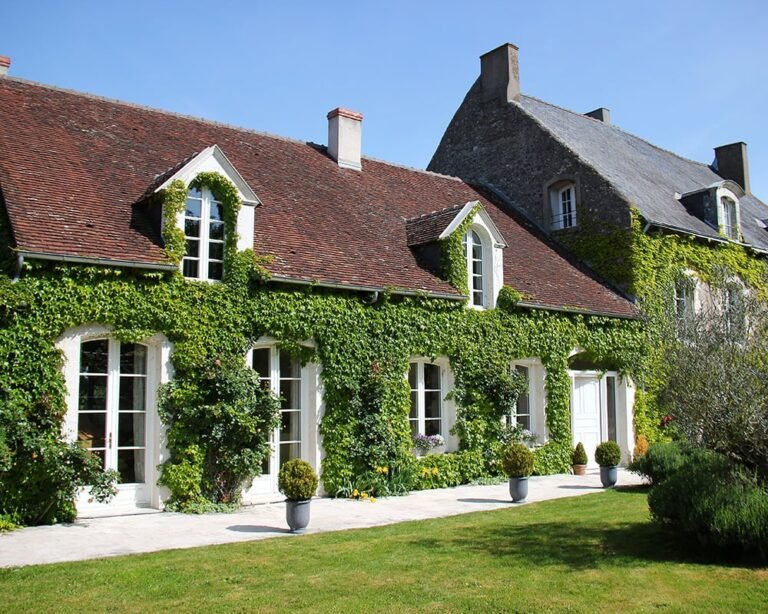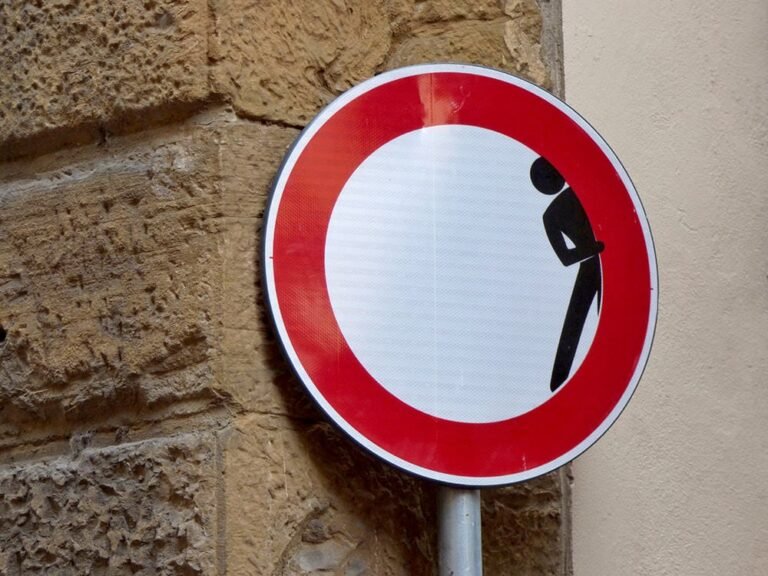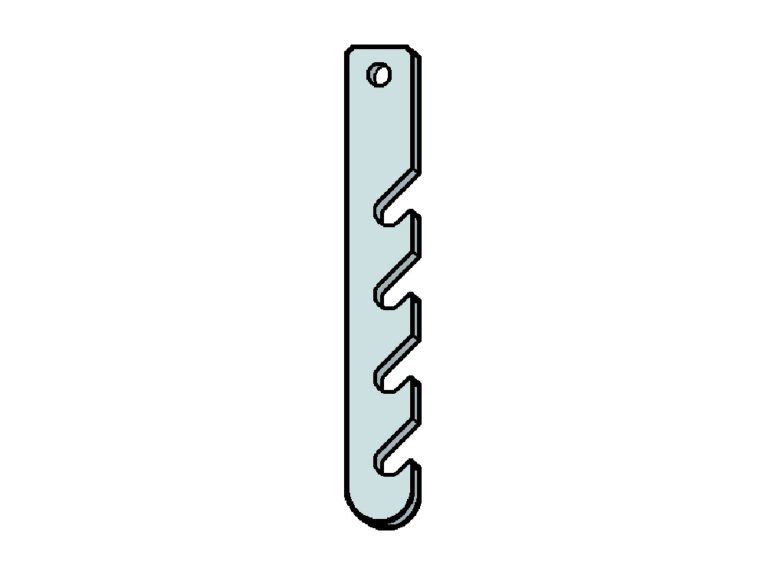grammar: adjective position
In French, adjectives can be positioned either before or after the noun they describe. Each placement has a different meaning. While most adjectives come after the noun, certain adjectives are usually placed before it.
Adjectives Placed Before the Noun
French has several categories of adjectives that are commonly placed before the noun. These include:
1. BAGS Adjectives:
- Beauty: beau (beautiful), joli (pretty), moche (ugly)
- Age: vieux (old), jeune (young), nouveau (new)
- Goodness: bon (good), mauvais (bad)
- Size: grand (big), petit (small)
2. Demonstrative Adjectives:
- ce, cet, cette (this), ces (these)
3. Possessive Adjectives:
- mon (my), ton (your), son (his/her), notre (our), votre (your), leur (their)
4. Interrogative Adjectives:
- quel, quelle, quels, quelles (which)
Changing Meanings with Adjective Position
The placement of adjectives in French can significantly influence their meanings. Let’s explore how some specific adjectives change their connotations based on position:
1. ancien (old):
- Un ancien ami (A former friend)
- Un ami ancien (An old friend)
2. brave (brave):
- Un brave homme (A respectable man)
- Un homme brave (A brave, courageous man)
3. propre (clean):
- Ma propre maison (My own house)
- Une maison propre (A clean house)
4. certain (certain):
- Un certain livre (A particular book)
- Un livre certain (A sure or reliable book)
5. cher (dear):
- Un cher ami (A dear friend) – Expresses emotional closeness.
- Un ami cher (An expensive friend) – Playfully implies that the friendship comes at a cost.
6. curieux (curious):
- Un curieux phénomène (An odd phenomenon)
- Une femme curieuse (A nosy woman)
7. dernier (last):
- Le dernier chapitre (The last chapter of all; no more chapters will be written)
- Le chapitre dernier (The latest or most recent chapter; more may appear in future)
8. drôle (funny):
- Une drôle histoire (A strange story)
- Une histoire drôle (A funny story)
9. vrai (true):
- une vraie personne (a real person)
- Une histoire vraie (a true story)
10. simple (simple):
- un simple nœud (a single knot)
- une jupe simple (a simple/plain/modest skirt)
11. sale (dirty):
- un sale repas (a disgusting meal)
- des chaussures sales (dirty shoes)
12. même (same):
- la même personne (the same person)
- le jour même (the very same day)
13. pur (pure):
- une pure formalité (a simple formality)
- l’air pur (pure air)
14. seul (only):
- la seule fois (the only time)
- il est seul (he is alone)
15. pauvre (poor):
- le pauvre homme (the poor man) (deserving of pity or mercy)
- l’homme pauvre (the poor man) (not enough money)






